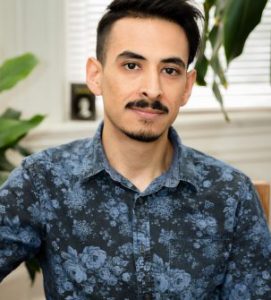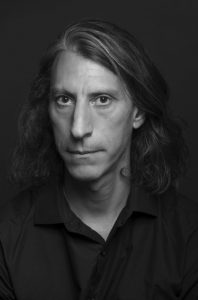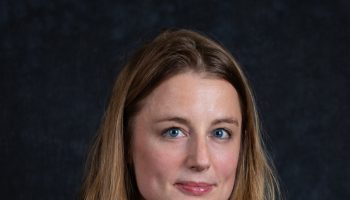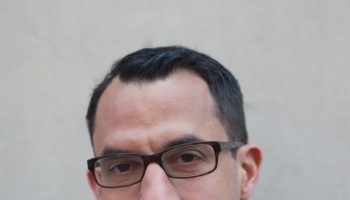
Marcelo Hernandez Castillo thinks he might be afraid of the long poem.
That is a somewhat provocative admission from the Week Four poet-in-residence, especially because his time at Chautauqua is in part devoted to exploring this fear further. Titled “Poetry of Abundance: Exploring the Contemporary Long Poem,” his week-long workshop will invite participants to think about “how poets hold our attention” and “the turns and progressions they make for sometimes pages and pages,” Castillo said.
He hopes to approach the long poem “with curiosity,” learning the conventions from a student’s perspective.
“It’s something I can teach but not something that I can do yet,” he said. “One of my former professors, who has been a mentor to me, used to say, ‘Good teachers become good writers.’ ”
The award-winning poet will give a reading from Cenzontle, his first book of poems, and his forthcoming memoir Children of the Land, at 3:30 p.m. Sunday, July 14 in the Hall of Philosophy. He will be joined by prose writer-in-residence Robert Glick, associate professor of English at Rochester Institute of Technology, who will read a chapter from his forthcoming novel The Paradox of Wonder Woman’s Airplane — a surreal story of “suburbia gone wrong.” Excerpts of Wonder Woman’s Airplane have won national competitions from Summer Literary Seminars and the New Ohio Review. Glick replaces previously announced Debra Magpie Earling, who had to cancel her week at Chautauqua due to illness.

Although Glick chose his reading selection in part because of the “exigencies of timing” — he prefers to read a piece that is “self-enclosed” and “voice-driven” — he doesn’t usually like to abide by the conventions of linear time. His workshop endeavors to “undo the tyranny of linearity” to explore other modes of association.
“So much print fiction is dependent on forward-moving time as a way to organize a book,” Glick said. “Not to say linear time is a bad thing, but it is such a paradigm. It lets us off the hook creatively. … I’m interested in other ways we can make connections between things.”
Doing so, he explained, gives writers “a new way of looking at complicated aspects of fiction writing,” like emotion and structure. He hopes his workshop participants will learn to be more “self-aware” of their work and the conventions that guide it so they might develop its themes in a non-linear way. This writerly mindfulness is a personal philosophy of Glick’s, and a concept he will expand upon in his Brown Bag lecture on Friday.
“I write a lot of drafts,” he said. “It’s really important for writers to think about editing as a creative space and not a reductive space.”
This is a methodology he borrows from Melanie Rae Thon, a fiction writer with whom he studied as he pursued his doctorate in literature and creative writing at the University of Utah. Thon preaches “touching the work” every day through extensive editing, and Glick is happy to oblige.
“I don’t want to put a number on it, but most of my time is spent on the revision process,” he said. “I wish creating and editing wasn’t considered such a binary.”
While Glick will spend his week at Chautauqua focusing on collapsing the line between writing and revising, Castillo will focus on contrasts.
In a world obsessed with minimalism, the poet will concentrate on maximalism and distinguish between a long poem, a prose poem and prose itself. He knows workshop participants might find it “daunting” to write a very long poem in such little time, and he plans to encourage them to “mimic” the structure of long poems, like “Song” by Brigit Pegeen Kelly and excerpts from Larry Levis’ Elegy. It is in the act of reading that Castillo finds inspiration.
“I can’t imagine myself reading a book cover to cover — I can’t imagine doing that without a pen and paper in my hand,” he said. “I’m lulled out of memory when I’m not writing, and every time I read something, it suddenly jolts me and triggers other things and associations.”
He hopes, at the very least, to “get the wheels turning on some of the mechanics” and to help students — and himself — “not shy away from the long poem just (because of) its length.”
“I want participants to walk away with actual work that they’ve produced,” he said. “It might get cut down to a much shorter poem, but that’s OK. I want them to leave with a better appreciation for the poem of length.”





